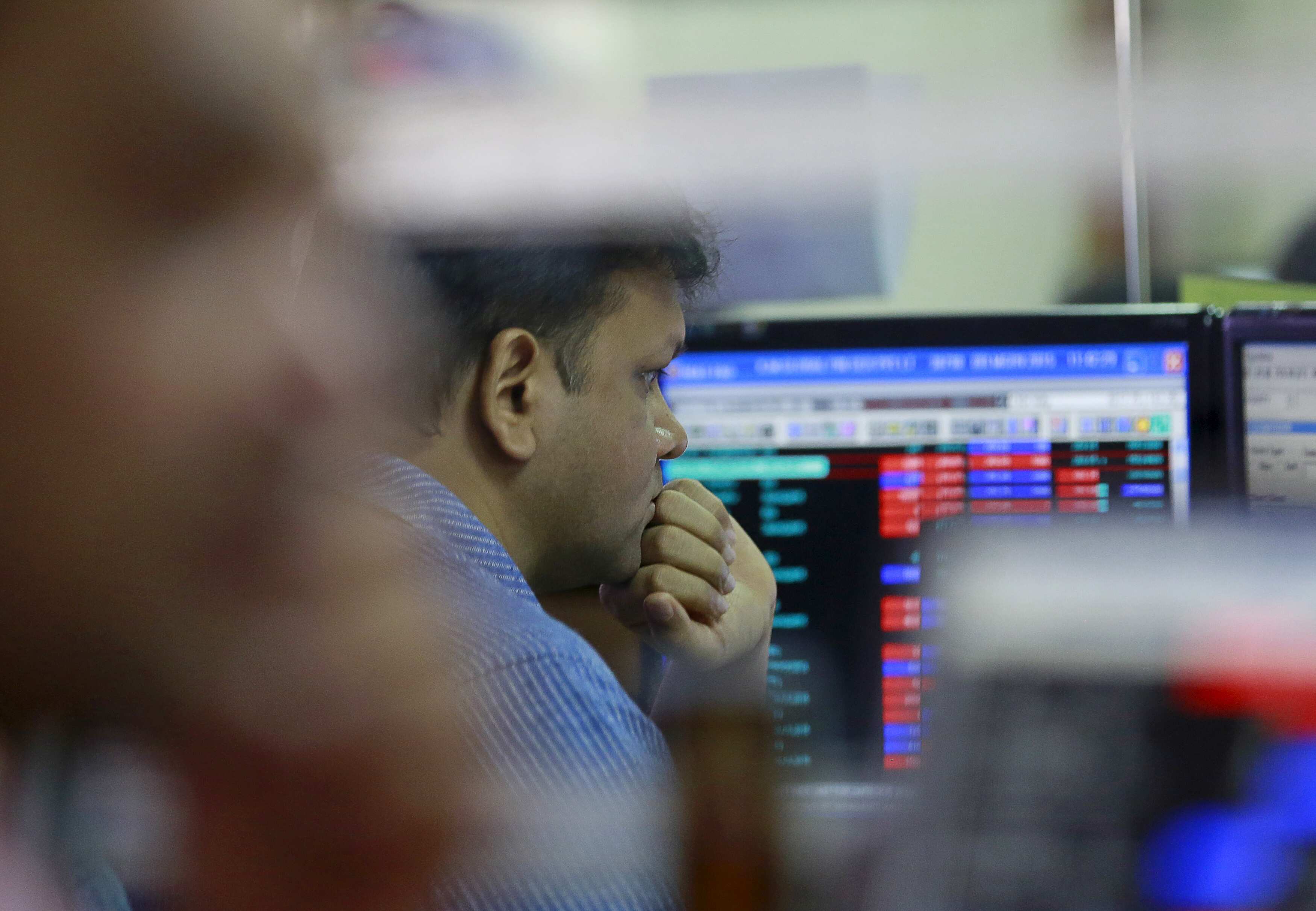[ad_1]
Sebi board meet mutual funds TER: Shares of asset administration firms (AMCs) zoomed within the morning commerce on the BSE on Friday after the capital market regulator, the Securities and Alternate Board of India (SEBI), deferred the choice to overtake the entire expense ratio (TER) for mutual funds in its newest board assembly held on June 28. Amongst particular person shares, HDFC Asset Administration Firm jumped as a lot as 12 per cent to Rs 2,295.50 on the BSE. Nippon Life leapt 19 per cent to Rs 301.25 on the BSE. Aditya Birla Solar Life AMC was up over 6 per cent at Rs 401.25 on the BSE. UTI Asset Administration Firm’s inventory skyrocketed 10 per cent to Rs 800 on the BSE.
SEBI BOARD MEETING OUTCOME
The Sebi board, together with chairperson Madhabi Puri Buch, mentioned whole expense ratio (TER) in mutual funds, and now a brand new dialogue paper on TER might be out quickly, the regulator knowledgeable the media. It additional stated that it hopes the brand new paper might be welcomed by the business. It additional stated that the brand new dialogue paper could be fashioned on the premise of latest information, Zee Enterprise reported. Why was a session paper introduced up?
The session paper was introduced up by the Sebi to place a cap on charges for mutual funds.
What’s the whole expense ratio (TER) of mutual funds?
The TER is the price of managing a fund that’s expressed per unit. It’s the proportion that denotes the amount of cash one pays to the AMCs as a payment to handle their investments. In keeping with the Affiliation of Mutual Funds in India (AMFI), below the SEBI (Mutual Funds) Laws, 1996, Mutual Funds are permitted to cost sure working bills for managing a mutual funds scheme – equivalent to gross sales & advertising/promoting bills, administrative bills, transaction prices, funding administration charges, registrar charges, custodian charges, and audit charges—as a proportion of the fund’s each day internet property.
All such prices for working and managing a mutual fund scheme are collectively known as the ‘Complete Expense Ratio’ (TER).
What have been the proposals?
The proposals have been to incorporate brokerage charges, GST, and different bills in TER. Additional, it was proposed to take away the 5 foundation factors (bps) cost on these schemes the place there’s a provision for exit load. The regulator additionally proposed that TER be imposed on the scheme’s efficiency. It was estimated that as a result of change in guidelines, there could be a discount in TER between 3 and 40 bps. Moreover, it was estimated that SEBI’s rule would influence AMCs’ profitability by as a lot as 13 per cent.
CATCH ALL THE LIVE MARKET ACTION HERE
As per AMFI, the typical property below administration (AAUM) of the Indian Mutual Fund Trade for Could 2023 stood at Rs 42,94,788 crore. Property Underneath Administration (AUM) of the Indian Mutual Fund Trade as on Could 31, 2023, stood at Rs 43,20,468 crore. The AUM of the Indian MF Trade has grown from Rs 8.68 trillion as on Could 31, 2013, to Rs 43.20 trillion as on Could 31, 2023, round a five-fold enhance in a span of 10 years.
The whole variety of accounts (or folios as per mutual fund parlance) as on Could 31, 2023, stood at 14.74 crore (147.4 million), whereas the variety of folios below Fairness, Hybrid and Answer Oriented Schemes, whereby the utmost funding is from retail section stood at about 11.76 crore (117.6 million), AMFI added.
[ad_2]
Source link







